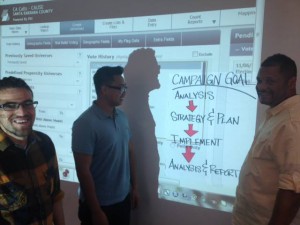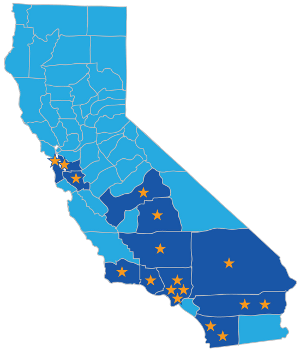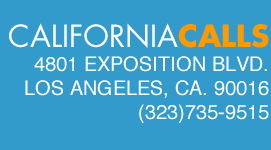With the new revenue generated from the passage of Prop 30 in 2012, California avoided deep cuts in education and human services, and actually began restoring some funding for the first time in many years. However a tremendous need continues for additional revenues to reverse the several years of devastating budget cuts and achieve adequate funding for California’s K-12, community college and UC/CSU system, health and human services, fire and police services, and physical infrastructure. Even with the slowly recovering economy, a critical question faced by policy makers and advocates is how to raise the scale of resources needed to restore the state’s education system, social safety net, economic opportunities for all residents that was once the California dream.
Many observers suggest that California’s property tax system is unequal, uncompetitive, and deficit-inducing – particularly as it applies to commercial property. In an exploratory project with California Calls and the California Tax Reform Association (CTRA), the USC Program for Environmental and Regional Equity (PERE) reviewed the most recent literature and obtained updated property tax assessment data to deepen understanding of this topic. The preliminary findings indicate that there has been a drastic shift in property tax burden away from commercial to residential properties and commercial property seems to be undervalued in many counties.
California Calls and our partners are now gearing up for the second phase of this exploratory effort. The objectives of this next phase are:
- Complete the research on the most current property tax assessments data and provide a comprehensive analysis of the impact of current commercial property tax policies on state and county revenue.
- Assess current public awareness, understanding, and attitudes on property taxes and explore issue framing and messaging to educate the public on the results of the research.
- Build broader public awareness of current commercial property tax policies and their implications.
- Convene a series of new conversations on the implications of current commercial property tax policies and possible remedies.
Over the next month, California Calls will convene several committees to initiate research and planning towards accomplishing these objectives.




